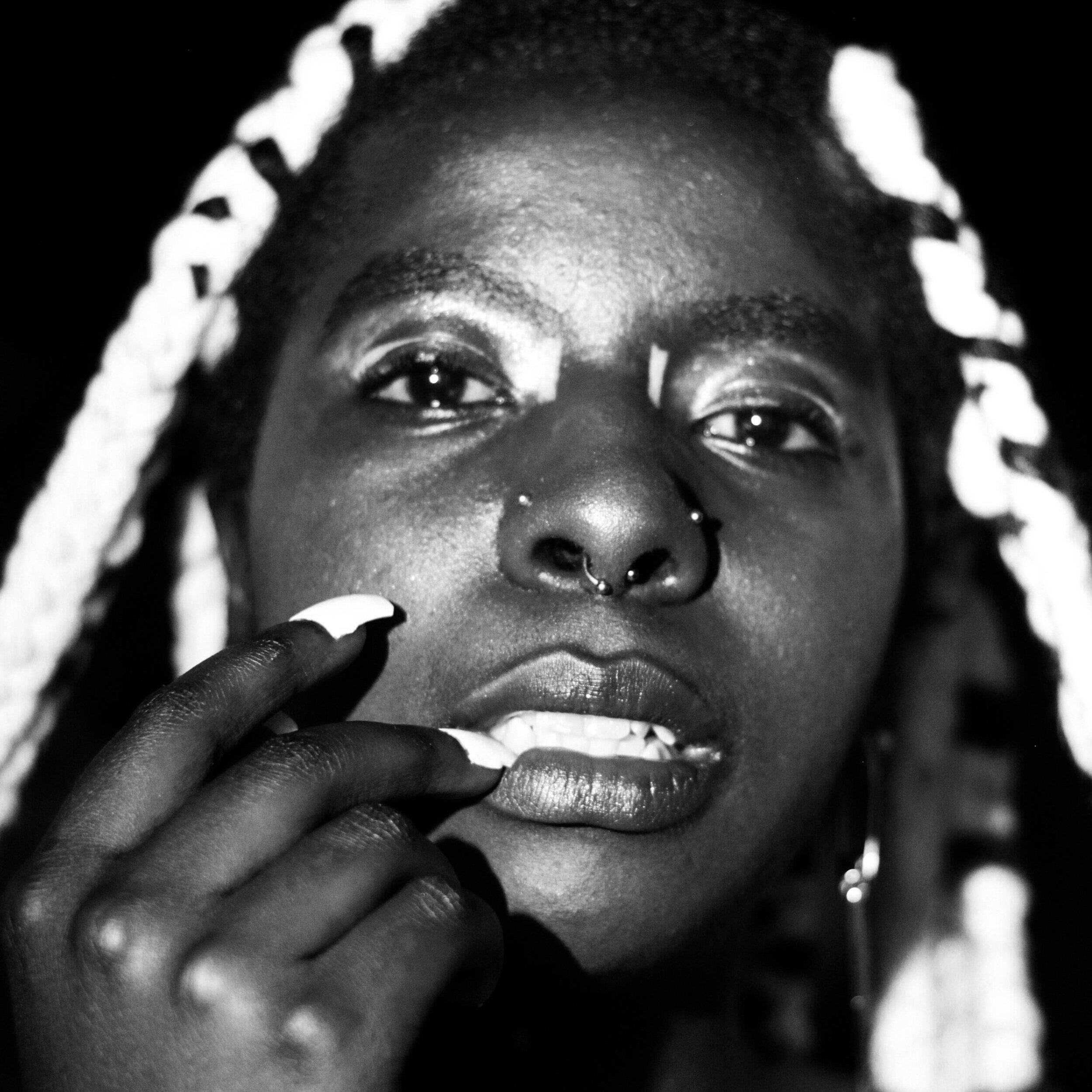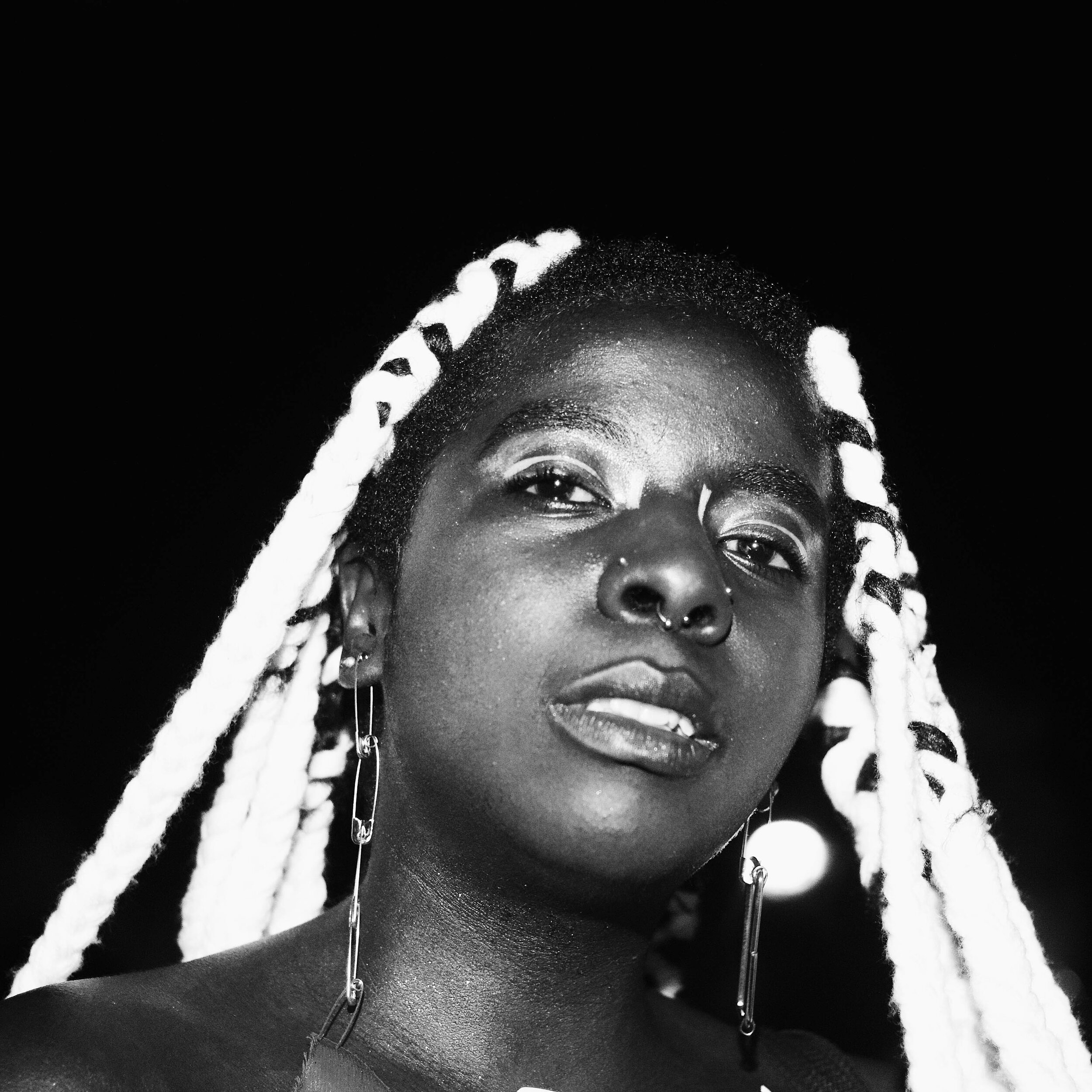Interview with Dudu Dube of dayphotolife
“I don’t document to educate, I do it for understanding.”
Dudu Dube takes his life in Johannesburg, South Africa and aims to translate it visually through his brand dayphotolife. Most prominently in portraiture and studio photography, the self-taught photographer who was “born and bred” in Zimbabwe, has lived in South Africa for the past decade. Prioritizing storytelling, his passion for photography has grown over the past 5 years. Scrolling from the beginnings of the brand’s Instagram page towards it’s latest posting, it’s easy to see the progression of the photographer’s work and eye. Dube now practices his craft full-time and has collaborated with major brands such as Diageo and Under Armour.
*The following responses have been edited for length and clarity.
Stylistically, how would you describe your “lens”?
“It’s the people’s lens, its focus is on people and their narratives. It’s hard to explain but it’s honest and emotional hence why we mostly shoot in black and white. It represents the truth. I got my start shooting in black and white, I like it because it really speaks to me. Black and white documents the soul, color documents the aesthetic. Color can be distracting for me.”
How did you come up with the name dayphotolife for your brand? What does “Kahle kahle, niyenzani?” translate to?
“The question simply asks, “what do you do exactly?”. It represents the start of a conversation. I don’t know how I came up with it, it just came to me and felt right; it all happened organically.”
Speaking more on this, Dube shared that dayphotolife was partly inspired by his need to share his personal story and convey how he sees the world. As he said, “The image helps us communicate what we see here in South Africa. Representing ourselves. Telling true stories from where we stand and what we see. The work is about translating our stories into images.”
On the About page of the dayphotolife website, it says “The internet plays a vital role in the of shaping of our narratives in this contemporary world space. Thus dayphotolife is founded on the idea of helping our clients tell stories that float above the vast and endless information on the internet.” Can you tell me more about how you help your clients create long lasting works that “float above” the constantly switching trends online?
“The most important thing is understanding the audience that the client wants to reach. With the internet, our stories are being diluted. People can misjudge what they see… The internet doesn’t show everything. South Africa can be misrepresented by people who come in and take photographs without being there everyday. They’re just travelers, documenting. It only shows one corner. You can’t know the culture of a place in one week. It’s not the real truth.”
Dube noted that often these travelers and their “documentation”, later can be picked up by various publications on an international scale. This is part of what shapes narratives that can be biased, unfair, or not completely truthful as he often mentioned.
…see that About page here…
“Everyone where they are should document. This helps not lose the true narratives. People need to know places before they photograph there, know the people and know the culture. People google something, read two paragraphs, and think that they know.”
On your site you also said “We believe if we don’t document the truth, the history will be a lie.” What do you think the importance is of “true” documentation in Africa? Why is it important now?
“The truth was always important even before us, and knowing this helps us understand ourselves in the present as we relate to the past. African children need to know and see the true image of Africa. They’ll know their wildest dreams are possible within the continent too.”
What are some things that inspire your photography work?
“Abantu, which means people in Ndebele. The everyday, the daily stories that happen around us. As well as reflecting on life experiences.”
What does a day of shooting look like for you?
“To be honest it depends on the project. As a portrait photographer I mostly shoot in a studio setup which requires preparation but we mostly rely on our intuition.”
You’ve been commissioned by some major brands. what is that experience usually like for you?
“It’s always great to be able to translate your vision through brands. However, the experience also entails an understanding that the work is going to speak to a bigger audience unlike a personal project.”
Dube also talked to me about “finding a style” as a photographer, and what his creative process with clients can look like. According to him, once one finds their unique shooting style, it becomes easier to gain consistent clients within the same industry. Afterwards, it’s about putting things together creatively. He emphasized really knowing what the company is about, what their audience is, and what their idea is as three major things integral to a successful project. “Then, you add your own aesthetic to it. Brands come to you for that.”
“Working with brands is working with people. Respect is key. Respecting people and respecting the idea. Bringing that to life.”
What is the photography scene in Johannesburg like?
“It’s currently in an interesting time with our relationship to social media always seeming to push new discoveries. The youth is active in shaping their own narratives at the moment. However, the scene still has a long way to go in terms of photographers being able to monetize their artwork. As well as the society’s understanding of the value of these artworks.”
In an Instagram story you said “The best camera is the one you have.” What other advice would you give to others who want to tell African stories for themselves, in a creative, modern, and visual way?
“Work with what you have and believe in your vision more than the equipment. It may sound cliche but just work with what you have and build from there. One day it will make sense.”
What do you see for dayphotolife and yourself in the future?
“As dayphotolife, we’d like to be able to present our work in different mediums and forms; traveling and documenting across Africa… There are many things I want to see with my own eyes. Personally for myself, I plan on relocating to Nigeria in the near future for about 6 months to a year in a quest to document this cultural center of Africa. I’m interested in their strong entrepreneurial scene.”
For Dube, education is a complex topic, but it also plays into the future he sees for dayphotolife. He said, “I don’t document to educate, I do it for understanding.” When discussing this further, Dube noted that images are a point of understanding because they are timeless. “It gives people more time to understand. The more they understand the more they learn.”
For him individually, it’s the same way. He works through his own self-understanding of what he photographs so that others can understand his work as well. He emphasized his previous statement saying, “It’s always personal to understand… but by understanding, you educate.”
Another thing Dube shared with me is his hope to one day open an artistic center. Spotlighting the importance of “skills”, Dube thinks that while formal “education from a school is fine, having a skill will help you survive, especially with the internet.” Being self-taught, he himself learned much of what he knows from googling and searching on Youtube what he needed to know. He hopes helping students know what to even search for online as well as helping them develop their creative skills will serve as a big help. He goes on to say that with the development of skills such as photography, videography, illustration, designing, filmmaking, and editing, plus the internet, people will be able to start their own companies or get jobs as they wish.






